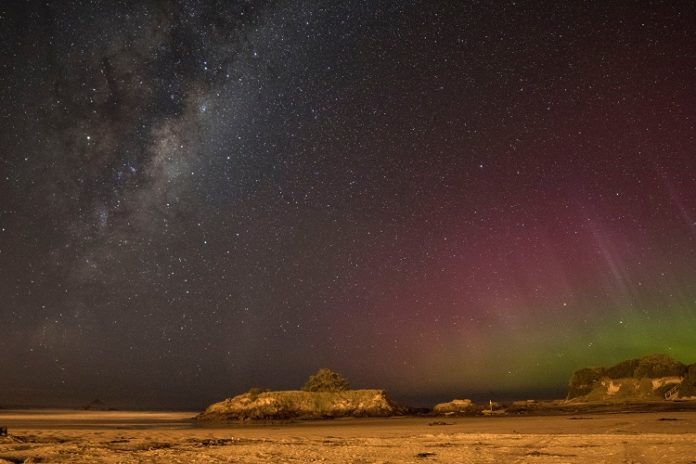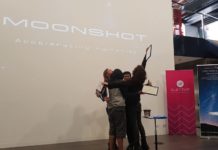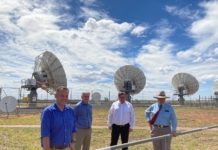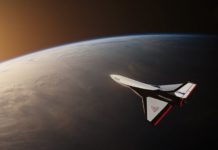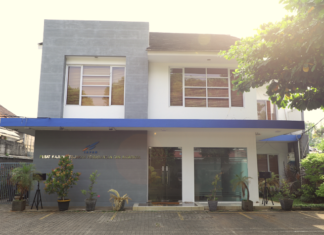With a lively Newspace industry and numerous space startups, it is no wonder that Australians are currently lobbying for their government to set up its own space agency. This year, the International Astronautical Congress will be hosted in Adelaide, the centre of the country’s space activities and home to the International Space University’s (ISU) Southern Hemisphere Space Studies Program.
With or without Federal Government support, the future of Australia’s space industry is bright. Here are five Australian startups that promise to revolutionize the global space industry.
Founded in 2008 in Sydney, Saber Astronautics provides software and services related to mission control, predictive analytics and ground-based operations. Taking a low-cost, scalable approach to space, the company uses the Software-as-a-Service (SaaS) model for space operations. Customers are offered flexible software and service upgrades, depending on their requirements at the moment.
The company has developed some very interesting products, including P.I.G.I., a mission-control software that anyone can purchase and download for a small fee. This predictive tool helps hobbyists, small business and enterprises plan missions and simulate responses. In December 2016, P.I.G.I. attained Certified Space Technology (TM) status by the Space Foundation. Customers include NASA, the Australian Government, and Open Spatial.
Gilmour Space is one of Australia’s most ambitious space startups, with plans to develop a low-cost launch vehicle. Headquartered in Queensland, with a subsidiary in Singapore, the company was founded in 2012 and started developing a hybrid-propellant sounding rocket in 2014. Its first test rocket was successfully launched in 2016, making it the first hybrid sounding rocket designed, built and launched by an Australian and Singapore company.
With $3.7 million in Series A funding and a grant from Singapore’s National Additive Manufacturing Innovation Cluster (NAMIC), the company aims to launch its first commercial suborbital sounding rocket in late 2018, and its first LEO vehicle in 2020. It has already been contracted to develop simulators, and is developing a Mars Habitat Test Lab fit for 8 people to live on Mars.
One of the most exciting space startups around, this Adelaide-based company has developed a new ion engine that has reportedly broken the world record for specific impulse, previously held by NASA’s HIPEP thruster. With the ability to run on various types of solid fuel, its Neumann Drive engine can purportedly turn metals found on asteroids and space junk into fuel, and is suitable for long-duration manned missions as well as satellites.
Although the engine has not yet been tested in a space environment, Neumann Space has signed a deal with Airbus to send its engine to the International Space Station (ISS) for one year, slated to launch in 2018. This is part of Neumann Space’s Facility for Australian Space Testing (FAST) on Bartolomeo, a module on the outside of the European Space Agency Columbus module on the ISS.
Winner of numerous business awards, Myriota uses Low Earth Orbit (LEO) satellites to capture high value small data from remote locations. Founded in 2011 as a result of the University of South Australia’s Global Sensor Network research program, Myriota has been a disruptive force in the Internet of Things (IoT) arena.
Also based in Adelaide, Myriota uses microtransmitters to communicate with LEO satellites. The data is then sent to the cloud, processed and sent to the correct customer. Applications range from rain measurement to livestock monitoring. In June 2017, the company successfully deployed low cost satellite water tank monitors, and is planning to deploy 30 more devices in the coming weeks.
Founded in 2015 by Flavia Tata Nardini (European Space Agency, TNO) and Dr Matthew Tetlow (Space Systems Institute, Tigerfish Aviation) and serial entrepreneur Matt Pearson, Fleet Space is another IoT-related space company. Yet another Adelaide-based company, Fleet Space is building a network of nanosatellites to deliver a global backhaul service for the mining, Oil & Gas, precision agriculture and logistics industries. Its pilot programmes are expected to be launched in late 2017, after raising $5 million in a Series A round led by Blackbird Ventures.

